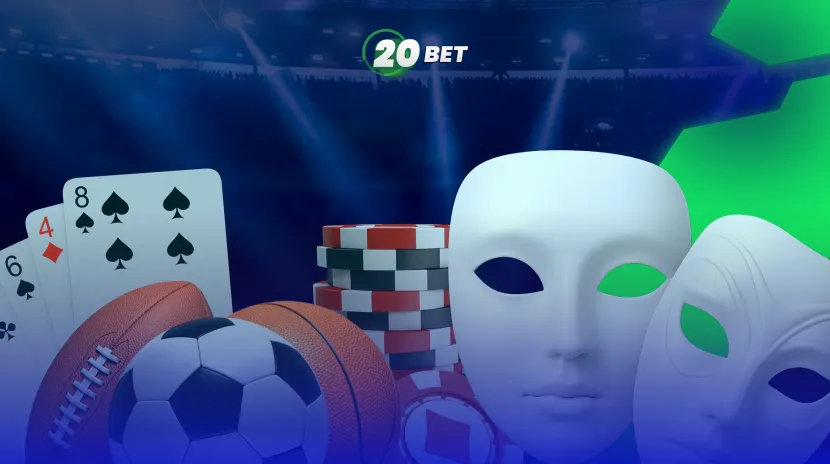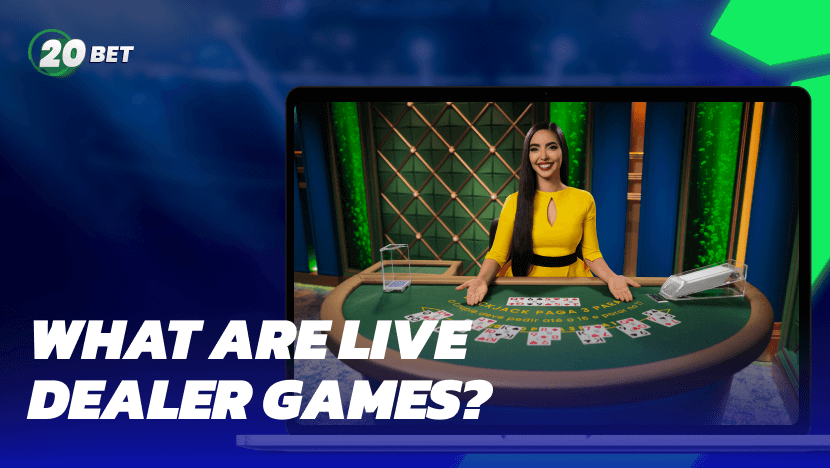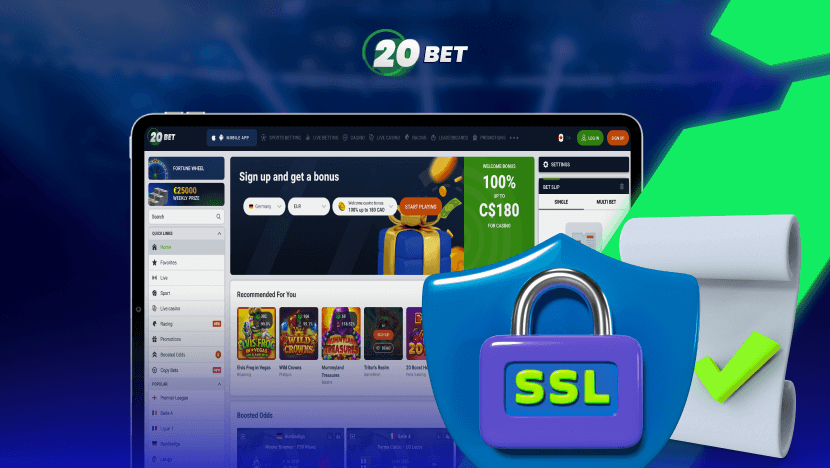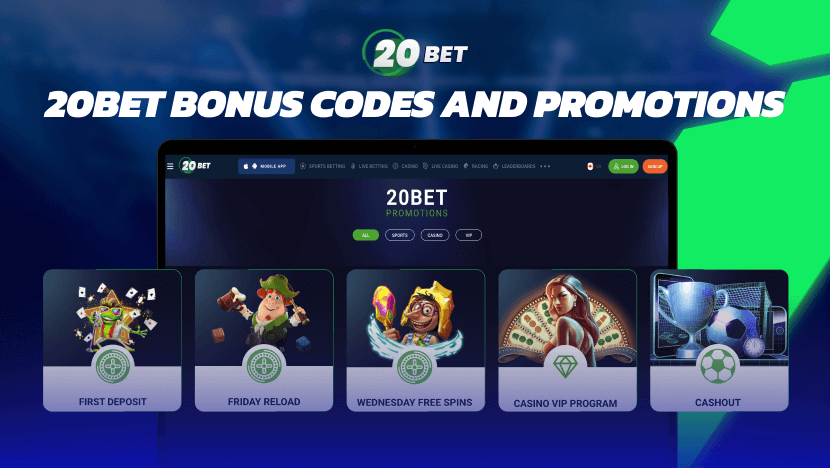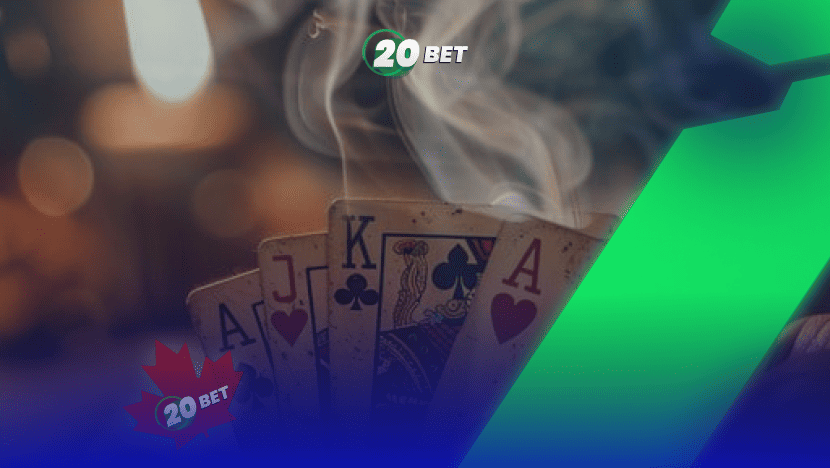Most losing streaks aren’t pure bad luck. They usually start with a rushed sports betting decision made under stress or hype. Ads lean on reward and anticipation, social media trigger FOMO, and wins inflate confidence. Good results need more than picks, they need discipline, awareness, and a steady betting mindset that keeps emotions out of the driver’s seat.
Today’s guide breaks down how emotions can sneak into betting, the traps they set, such as chasing losses, tilt, and free bet promos. You’ll also learn simple fixes, like unit betting, routines, and pause rules, that help keep a clear head and a steady bankroll.
How Emotions Influence Behaviour And Betting Decisions
Emotions change perception and attention, then nudge sizing and selection. Sportsbooks price markets with math, bettors react with impulse. Closing that gap is the whole game.
Emotional Triggers: Chasing Losses, Overconfidence, FOMO, Tilt
Sportsbooks aren’t unique here; poker emotional betting shows the same patterns of tilt, FOMO, and chasing losses. These triggers feel powerful in the moment but almost always tilt decisions away from logic.
The table below breaks down the most common triggers, what they feel like, how they distort betting choices, and simple fixes that keep emotions in check.
| Trigger | What it feels like | How it tilts choices | Fast fix |
| Chasing losses | urgency, heat | bigger stakes, more markets | step away, cap daily loss, switch to unit betting |
| Overconfidence | “read the board” glow | oversized favorites, parlays | write a pre-bet reason, reduce stake to base unit |
| FOMO | “Kickoff soon” pressure | live bets without prices checked | set alerts, plan entries, read odds first |
| Tilt | anger after a bad beat | revenge spots, doubling down | timer break, two-bet cool-off, no live bets on tilt |
These patterns strengthen quickly because betting offers immediate rewards—the rush of placing a wager, the thrill of watching it play out. Without self-control mechanisms, harmful habits can form in just a few weeks.
Behavioral Biases: Loss Aversion and Prospect Theory
Losses hurt about twice as much as wins feel good. That overconfidence bias pairs with loss aversion and bends reasoning. Research by behavioral economists Kahneman and Tversky shows losses hurt about twice as much as wins feel good:
- Passing small edges to avoid the pain of losing, then taking long shots that promise relief.
- Valuing “getting even” over sound evaluation of price and probability.
- Framing results by outcomes, not by whether the bet beat fair odds.
Example: Passing a +110 underdog with genuine edge because you can’t stomach another loss, then hours later forcing a three-leg parlay at long odds to ‘get even.
Environmental and Promotional Influences: Free Bets, Boosted Odds, Casino Stimuli
Bright lobbies and rapid markets pull attention. Free bets and boosted odds push motivation through reinforcement. Good deals exist, but emotion spikes when timers tick and confetti pops. Slow down, read weightings (how much you must wager), caps (maximum winnings), and rollover (how many times you must bet through the bonus) first. Treat promos as tools, rather than emotional triggers.
Neuroscientific and Psychological Mechanisms
High arousal narrows concentration and weakens reasoning. Nature Reviews Neuroscience notes that even mild stress can disrupt the prefrontal cortex, the part of the brain that supports rational decisions. In betting, that shift means quick, emotional wagers replace careful evaluation.
Performance also follows the well-known Yerkes–Dodson Law; as shown in American Psychological Association research, moderate arousal can sharpen focus, but too much leads to errors and risky choices.
Reward anticipation is another key driver. A Stanford University study found the brain’s reward hub activates strongly when people expect a win, often pushing the stakes higher than planned.
The antidote is calm. Harvard Medical School research shows mindful breathing lowers stress signals and improves self-regulation. Simple routines like pauses and reflection build resilience and keep betting choices grounded in logic, not impulse.
Consequences of Emotion-Driven Betting
Emotional betting raises volume without value, which pays more margin to the book. Results follow:
- Erratic staking, bankroll shocks, and early stop-outs on good positions.
- Overexposure to correlated outcomes in the same game.
- Mounting pressure at home or work, which loops back into worse decisions. Financial stress that creates relationship conflicts and workplace distraction, which loops back into worse betting decisions as you try to solve money problems through more gambling.
Protect the roll first, profit only compounds on top of stability.
Strategies to Manage Emotions in Betting
The goal is not to remove feelings, it is to stop them from setting prices or stakes. These strategies keep the process ahead of impulse.
Self-assessment: Recognizing Emotional States Before Betting
Before any ticket, slow the pace. A 20-second scan often prevents emotional betting from slipping in.
- Quick check: score energy 1–10, mood positive/neutral/angry, urgency high/low, write it at the top of the slip.
- Red flags: clock-watching, sweaty palms, rapid scrolling for “locks,” constant refreshing, these signal a rushed sports betting decision.
- Rule of thumb: no ticket if anger, rush, or FOMO scores high.
Planning and Staking Discipline: Pre-defined Strategies and Unit Betting
Decisions set in calm hours beat live impulses. Let the plan choose the stake and the exit, not the mood.
- Stake frame: use unit betting, 1 unit = 0.5–1.5% of bankroll, no ad-hoc jumps.
- Pre-write the entry: market, price, edge note, exit criteria, planning supports discipline, and cleaner evaluation.
- Bound the card: limit parlays, respect correlation between legs, set a daily cap, for example, 3–5 bets, to protect patience.
Breaks, Automation & Separation: Removing Emotional Impulses
Create distance between feeling and action. Small bits of friction restore control.
- Add friction: disable in-app deposits, set daily time caps. This improves regulation when tilt hits.
- Automate the edge: set alerts for key numbers (e.g., getting +7 in the NFL, catching -105 on an underdog) and decide at calm times.
- Separate before action: after two impulse bets, lock the app and walk for 15 minutes, regain concentration before any new sports betting decision.
Health, Routine & Long-Term Mindset
A steady body and routine sharpen cognition, the edge lives in habits, not hot streaks.
- Basics first: sleep, hydration, light exercise, and better information inputs (credible analysts, not hot-take socials) improve attention and regulation.
- Weekly review: track CLV and closing-line movement, not just wins, score decisions by process quality.
- Rewire the loop: build habit cycles that reward process over outcomes, that is real reinforcement, the foundation of a durable betting mindset.
Responsible Gambling
Sportsbooks work best as entertainment, and treating them as a source of income is where problems begin. 20Bet offers built-in tools to keep play under control, including daily, weekly, and monthly deposit limits, as well as time-outs and full self-exclusion options for those who need a longer pause.
In both the US and Canada, extra help is available through resources such as the National Council on Problem Gambling, Gamblers Anonymous, and ConnexOntario. Chasing losses, secret debts, or stress in relationships are warning signs. If they appear, pause early and reach out.
FAQ
What are the most common emotional traps in betting?

